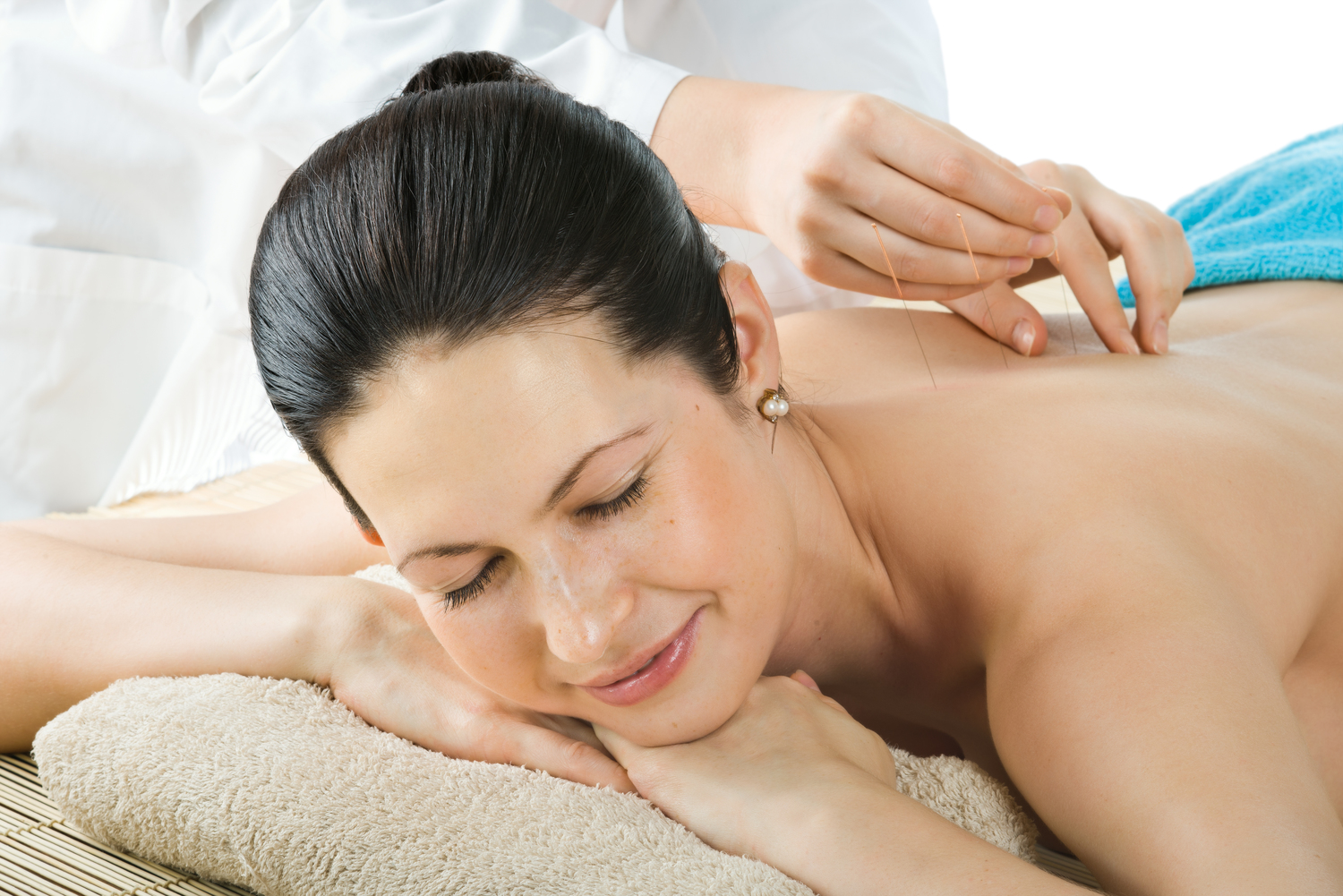Natural Remedies for Managing Overactive Bladder Symptoms
Discover effective natural strategies to alleviate overactive bladder symptoms. From dietary adjustments and pelvic exercises to stress management and alternative therapies, these methods can improve bladder control and enhance quality of life. Consulting a healthcare professional is recommended for personalized care.
Sponsored

Effective Natural Strategies for Overcoming Overactive Bladder
An overactive bladder (OAB) involves frequent urges to urinate, disrupting daily life. Though common in women, men can also experience OAB symptoms such as needing to urinate eight or more times daily, waking multiple times at night, or experiencing leaks. If these symptoms sound familiar, consulting a urologist is advisable. While underlying health issues may contribute, these natural approaches can significantly improve bladder health and alleviate discomfort.
Avoid Bladder Irritants Studies reveal that spicy and acidic foods—like chili peppers, citrus fruits, horseradish, and juices—can irritate the bladder lining. While eliminating all trigger foods may be impractical, identifying and avoiding your personal worst offenders, especially before bedtime, can reduce symptoms.
Limit Caffeine and Alcohol Reducing or eliminating caffeine and alcohol can help manage OAB. Both act as diuretics and stimulate bladder activity, potentially worsening urgency and leaks. If you find it hard to give up your morning coffee, consider limiting alcohol to one glass and avoiding it close to bedtime for better bladder control.
Maintain Proper Hydration Although frequent urges may tempt you to drink less, dehydration concentrates urine, increasing bladder irritation. Aim for at least eight glasses of water daily, but reduce fluid intake a few hours before sleep to minimize nocturnal awakenings.
Strengthen Pelvic Muscles with Kegel Exercises Regularly performing Kegel exercises—squeezing and relaxing pelvic floor muscles—can diminish urgency and leakage. Doctors often recommend these exercises as a safe, natural intervention to improve bladder control.
Engage in Pelvic Floor Therapy Visiting a pelvic floor specialist for personalized therapy can retrain bladder muscles and nerves. Techniques such as bladder retraining and exercises tailored to individual needs help restore normal bladder function, especially when combined with improving bowel habits that influence urinary health.
Reduce Stress Levels Mindfulness practices like meditation and yoga significantly impact OAB symptoms. Stress and anxiety can heighten bladder nerve sensitivity, intensifying symptoms. Managing stress through professional therapy or relaxing activities can alleviate these effects and improve overall quality of life.
Consider Acupuncture This traditional Chinese therapy involves inserting tiny needles at specific points to promote healing. Evidence suggests that acupuncture can lead to substantial improvements in overactive bladder symptoms, with minimal side effects after consistent sessions.
Explore Visceral Manipulation Performed by osteopaths, this manual therapy involves gentle organ manipulation to alleviate nerve interference and restore organ mobility. By improving connective tissue health around the bladder, visceral manipulation can help reduce symptoms of overactivity and enhance communication between bladder nerves and the brain.
Living with an overactive bladder can be draining and disruptive. Implementing these natural remedies, along with medical guidance, can lead to healthier bladder function and overall well-being. Always consult a healthcare professional before starting any new treatment approach.






